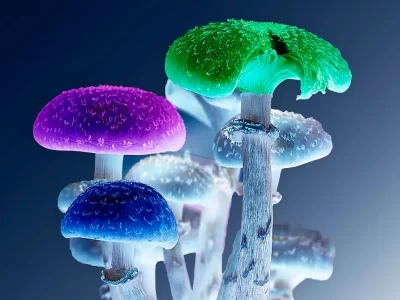Sleep patterns influence our daily experiences, affecting everything from mood to physical restoration. Many people searching for nighttime support turn to CBD options that work with the body’s existing systems. This comprehensive examination explores how CBD supports sleep cycles and helps people find their ideal rest pattern.
Sleep cycles and support systems
The human body maintains complex sleep patterns throughout the night, cycling through different stages that each serve essential purposes. These cycles repeat several times during rest, with each phase contributing to overall sleep satisfaction. CBD interacts with receptors throughout the body, supporting these existing sleep mechanisms rather than forcing artificial drowsiness. This distinction makes CBD particularly interesting for those seeking nighttime support that aligns with their body’s innate processes.

Temperature and timing considerations
Room temperature plays a crucial part in determining sleep comfort, with slightly cool environments typically proving the most effective. The timing of CBD consumption matters equally – taking it too early or too late might not align with desired sleep times. Experimenting with different timing schedules helps identify the most effective pattern for individual needs. Many find that combining temperature management with properly timed CBD creates optimal conditions for rest.
Supporting deep sleep phases
Deep sleep represents one of the most restorative portions of the sleep cycle. During this time, the body repairs tissues, strengthens the immune system and processes information from the day. CBD support shows promise in helping maintain these crucial deep sleep phases, allowing for more consistent and refreshing rest throughout the night. best cbd for sleep often includes formulations specifically designed to maintain steady support during these important phases.
Individual response patterns
Everyone responds differently to sleep support options, making personalization essential. Some people notice immediate effects when incorporating CBD into their nighttime routine, while others experience gradual improvements over time. Keeping track of sleep patterns helps identify the most effective approach for individual needs. This personalized understanding leads to more effective sleep support strategies.
Consistency and adaptation
Regular sleep schedules help establish healthy rest patterns. Incorporating CBD support works best when paired with consistent bedtime routines. This reliability helps the body recognize and prepare for sleep, maximizing the effectiveness of any support measures. Over time, this structured approach often leads to more predictable and satisfying sleep experiences.
Sleep satisfaction markers
Measuring sleep satisfaction extends beyond simple duration. Factors like ease of falling asleep, night wakings, and morning freshness all contribute to overall rest satisfaction. CBD support addresses multiple aspects of sleep satisfaction, working with body systems to promote comprehensive rest. This multifaceted approach helps create more complete sleep experiences.
Circadian rhythm support
The body’s internal clock influences sleep timing and satisfaction. Supporting these natural rhythms, rather than overriding them, leads to more sustainable rest patterns. CBD works alongside existing circadian systems, helping maintain rather than disrupt these important biological patterns. This harmony with natural body processes contributes to more effective sleep support.
CBD continues gaining recognition as a sleep support option, with more people discovering its potential for improving rest satisfaction. The key lies in finding the right approach for individual needs and circumstances. Through careful attention to timing, environment, and personal response patterns, CBD offers valuable support for those seeking improved sleep experiences. This individualized approach, combined with consistent implementation, creates opportunities for discovering effective sleep support methods that work with rather than against natural body processes.













